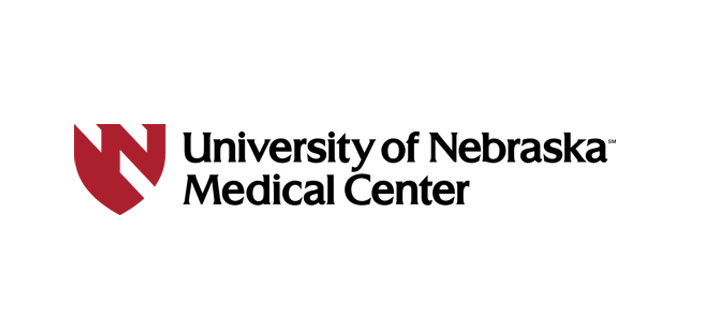UNMC Receives $3.7 Million Grant to Address Shortage of Geriatricians
The U.S. Health Resources Services Administration (HRSA) estimates a need for 33,200 geriatricians in the U.S. by 2025, but current projections estimate the supply at 6,230, a deficit of about 27,000. One way to solve a looming estimated shortage of 27,000 geriatricians, physicians who specialize in care of older adults, is to expand the access of primary care professionals to resources that assist them in addressing the unique and complex health issues of older adults.
Thanks to a five-year, $3.7 million grant from HRSA, the University of Nebraska Medical Center (www.unmc.edu) is poised to address this problem. Spearheaded by Jane Potter, M.D., professor in the UNMC Department of Internal Medicine Division of Geriatrics, Gerontology, and Palliative Medicine, the goal is to improve the health and health outcomes of older adults in Nebraska by educating teams of health providers in primary care settings to benefit patients, their families, and caregivers.
The grant will provide education to teams in primary care using a medical home (PCMH) model. PCMHs use a team of health care providers, including physicians, nurses, nurse practitioners, physician assistants, mental health professionals, and social workers, to care for patients as a team when they’re sick, but also keep them well. The grant also includes education and support for caregivers of persons with dementia; addresses the social determinants of health; and educates patients beginning to use opioids on the risks, benefits, and alternatives of these medications.
Grant objectives:
Partner with at least 10 primary clinics to create “age friendly” primary care practices;
Partner with the Alzheimer’s Association Nebraska Chapter to provide caregiver education and support through the primary care clinics and all 14 patient-centered medical home clinics at Nebraska Medicine;
Partner with the Eastern Nebraska Office on Aging to address the social determinants of health for patients in the practices and provide more education about and access to, community-based resources; and
Use a new state law mandating patient education on the benefits, risks, and alternatives to opioid prescriptions to reduce the number of patients transitioning to the use of chronic opioids.
The Geriatrics Workforce Enhancement Project will be a five-year partnership between UNMC, primary care practices in across the state, Eastern Nebraska Office on Aging, and Alzheimer’s Association Nebraska Chapter. Learn more online at www.unmc.edu.

